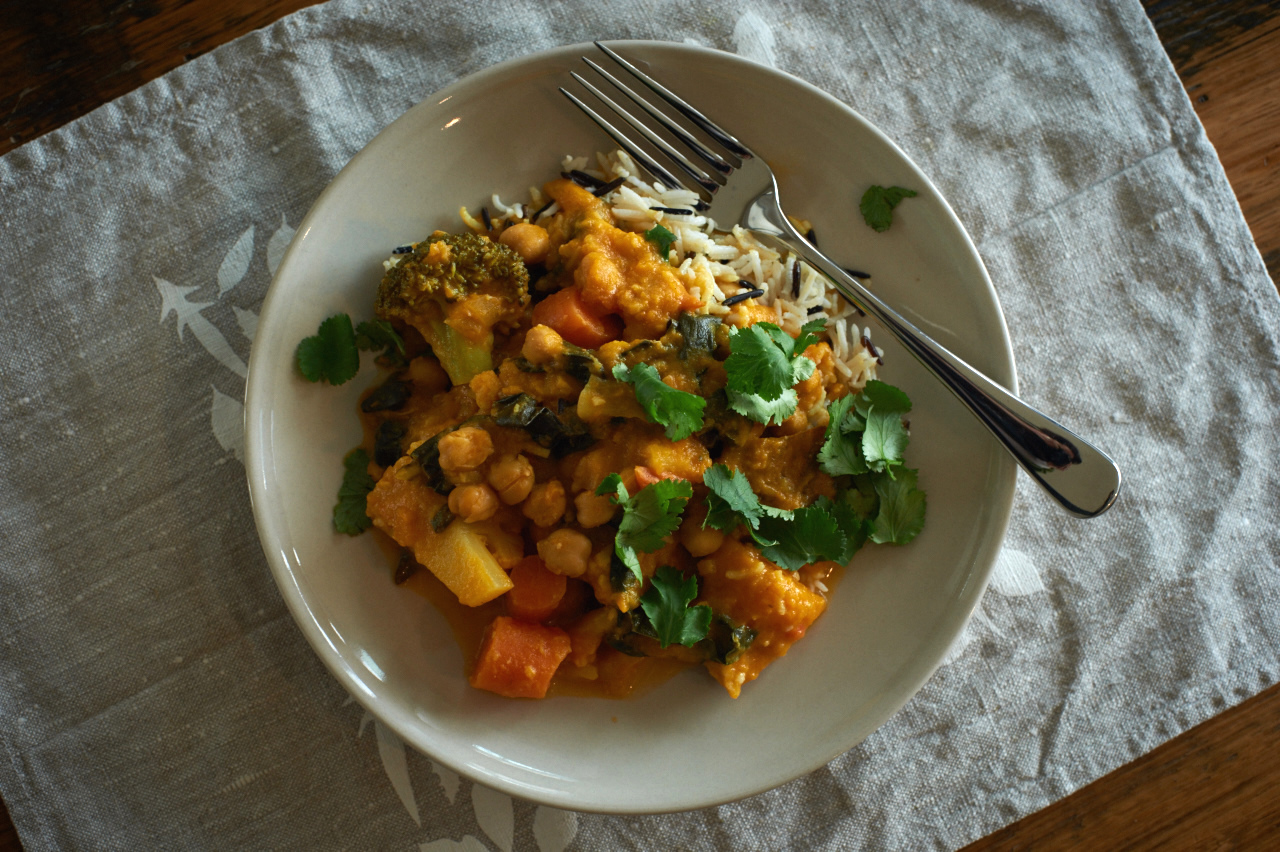We’ve known for a while now that what we eat can directly affect our mood and how we function from day to day. Like any other organ, the brain has nutritional needs. With sub-optimal nutrition (often) comes suboptimal functioning. It makes complete sense that a nutrient-rich diet helps us to function and feel our best.
As mental health and diet is a difficult area to research, for a long time we’ve known little about details including which specific nutrients, supplements, and ways of eating (and quantities of certain foods) positively affect and protect our mind. While the evidence is still emerging, what’s wonderful is that there is a decent body of research and findings now that suggest a clear link between diet and mental health and in particular specific ‘mental health protective’ nutrients.
Research has shown a positive association between omega 3, zinc, vitamin D, and B vitamins and improved mental health. Findings from studies have also suggested that unhealthy dietary patterns can be a risk factor for depression and anxiety so taking care to eat well is certainly beneficial for us all.
So what’s the best way of eating for our mind?
To illustrate what a ‘mental health protective diet’ looks like, the Mediterranean diet provides a brilliant example. Firstly, it is a diet that is rich in foods that provide a great source of Omega 3, zinc and B vitamins. Secondly, being rich in plant foods, a Meditteranean diet provides us with lots of fibre which helps to nurture our gut health (the gut is closely connected to the brain so taking care of your gut will help to take care of your mind). Thirdly, it is limited in highly processed foods that when consumed in excess can negatively affect our gut health, digestion, physical health and therefore mental health. For this reason, if wanting to nourish yourself in a way that’s best for your mind (as well as your body), adopting a Mediterranean-like way of eating is a great start.
In a nutshell, a Mediterranean way of eating is:
Rich in:
- Fruit & Vegetables
- Wholegrains
- Legumes
- Nuts & Seeds
- Fish
Contains moderate amounts of:
- Lean meats and eggs
- Dairy
And, is very limited in:
- Highly processed foods that are high in sugar, salt and fat
Enjoying a Meditteranean way of eating makes it easier to obtain plenty of Omega 3, zinc and B vitamins. To provide extra detail, here are some particularly good sources of these nutrients.
Omega 3: Oily fish (salmon, sardines, mackerel, trout, white anchovies), walnuts, chia seeds, flaxseed, and flaxseed oil
Zinc: Oysters, lean meat, legumes, whole grains, seeds, nuts
B Vitamins: whole grains, lean meats, dark leafy green vegetables, seeds, nuts, dairy, and eggs
Vitamin D can be a tricky one. We require adequate sunlight to be able to synthesize it and at certain times of the year, this is very difficult. Vitamin D deficiency has become very common so it’s worth having your blood vitamin D level checked (a visit to your GP and a simple blood test is all that’s required). Depending on your vitamin D level a supplement may be beneficial. Like with taking any supplement it’s best to first consult your GP and/or Dietitian before deciding on what to take to ensure you take what’s right for you.
A few other considerations
In addition to enjoying a ‘whole-food’ diet rich in fruit, vegetables, whole grains, legumes, nuts, seeds, fish and plant oils and making sure your vitamin D level is healthy, there are a few other dietary factors that can make a real difference to your mental health and how your brain functions. These are:
Caffeine – Too much caffeine can affect our ability to concentrate, actually decrease our energy levels and exacerbate anxiety, so it’s beneficial to be mindful of how much caffeine you consume each day. Liming coffee to 1-2 a day is helpful as well as limiting other drinks and snacks that also contain caffeine (e.g. tea and dark chocolate).
Alcohol – It’s also beneficial to be cautious with alcohol as it is a depressant. While it can appear to ‘wash the day’s stress away’, the aftereffect is can be (for some) rather mentally flattening. A few drinks at night can have us feeling flat or anxious the next day.
Water intake – Our brain requires plenty of water to function well so keeping hydrated is well worth it. Sipping on water throughout the day makes consuming adequate amounts of water much easier. I often suggest to clients to aim for 1L of water by lunchtime by starting with a glass first thing and sipping throughout the morning. This way you’re halfway by lunch and then 1.5 – 2L feels much more achievable.
Sugar intake – Now, no discrimination here; sugar is wonderful, I am a big fan (I couldn’t live without dark chocolate!). However, too much sugar can play havoc on our moods. Sugar can exacerbate anxiety so if you find yourself feeling anxious or fragile be cautious of how much sugar you consume. Natural sugars such as fruit are the way to go and try to keep refined sugars to a minimum.
The way we eat – Eating mindfully (making time to eat, eating slowly, chewing well) makes a difference to our digestion and our ability to absorb nutrients. Making time to prepare food with care and eating mindfully also helps us to be more in tune with our body and therefore eat an amount that is satisfying and satiating (as opposed to eating fast and potentially eating too much then feeling too full). It’s something that we often don’t think about but for all of these reasons eating mindfully can really make a difference to how we feel in our body and mind.
How often we eat – Regular meals and snacks help to keep our blood sugar (and mood) steady and keep us feeling energized over the day. This way of eating (i.e. breakfast, lunch, dinner, and some snacks) also helps to keep our digestive system working well which influences how we feel and function. If you tend to eat irregularly and do experience stress, anxiety and/or energy highs and lows then making time for regular meals is likely to have you feeling so much better.
A final point
While there is evidence to show that diet plays a part in protecting our mental health we also need to consider the bigger picture – it’s a two-way street – what we eat can have an effect on our mental health but our mental health can influence what, how, and why we eat. Also, diet is only one part of the puzzle. Other factors including sleep, stress management and exercise are of equal importance. If you are aware of several factors that affect how you feel, start with one (e.g. diet) then move onto another (e.g exercise), and then another (e.g. stress management), and so on. Small steps and small changes are best as they are sustainable and collectively they’ll make a big difference.
Keen to enjoy more fish and plant-based meals? There are many easy and delicious ideas on my recipe page, here are a few of my favourites:
Vegetable & bean curry with parsley rice
Vegetable & chickpea coconut curry (featured above)
Peanut butter, tahini & banana cookies
Hummus (two ways)
Quinoa, buckwheat & mixed seed porridge
Lara x



